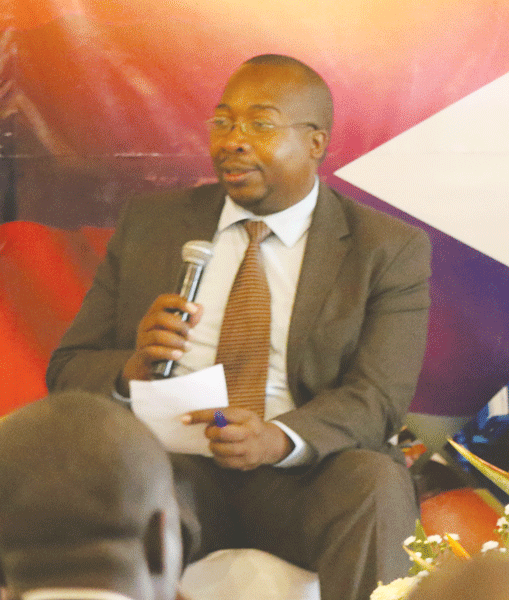
BY FIDELITY MHLANGA
MANY cotton farmers who are owed about $3 billion by merchants face further payment delays as the national lockdown imposed by government to fight the Covid-19 pandemic may affect state finances, standardbusiness understands.
The $3 billion is in respect of cotton delivered to merchants, including the State-run Cottco, during the 2020/2021 marketing season.
Cottco is the biggest player in the sector, with branches across the country.
Many cotton farmers were given groceries as payment after the merchants struggled to raise funding last year.
In an interview last week, Cottco chairman Sifelani Jabangwe said the plan was to finish off payments by March, but the lockdown could affect state revenues and make it difficult to release the subsidy that the firm requires.
It was not clear if private merchants had completed paying farmers.
“Farmers have not yet been paid,” Jabangwe said.
- Chamisa under fire over US$120K donation
- Mavhunga puts DeMbare into Chibuku quarterfinals
- Pension funds bet on Cabora Bassa oilfields
- Councils defy govt fire tender directive
Keep Reading
“Their payments are going to come from government as they are giving the support price as a subsidy. For now government has been clearing the maize farmers’ payments and cotton should be next. There is no timeline (for the payments), but the money will certainly be paid. We are hopeful they will be paid this first quarter, but this lockdown will certainly affect government revenues and cause delay,” he said.
Many farmers did not return to the fields during the 2020/2021 season after payment delays for their cotton deliveries affected preparations.
In June, Cabinet approved a price of $43,94 per kg for the 2020/2021 cotton marketing season.
Under the arrangement, farmers were supposed to be paid US$10 for every cotton bale delivered to merchants.
About 38% of the value of a 200kg bale would be paid in cash under the arrangement, with the balance electronically transferred to their bank accounts.
However, the cash crisis that marred the season forced merchants to pay through groceries, according to union leaders.
“Drought, late delivery of inputs to farmers, shortages of pesticides all affected production,” Cotton Producers and Marketers Association national chairperson Stewart Mubonderi said recently.
“Non-payment of farmers was another factor. Until today over $3 billion is still outstanding to the farmers. They need it to prepare for the season. They are not happy,” he said.
Announcing the 2021 National Budget in December, Finance minister Mthuli Ncube assured cotton farmers that they would be paid.
“Farmers are therefore encouraged to open bank accounts, so that the money can be deposited and this process is being facilitated by government, Reserve Bank, banks and Cottco and will ensure that farmers do not bear the burden of travelling,” he said.
Economist Victor Bhoroma highlighted that it was fundamental for authorities to promote cotton farming viability through promulgating a market-determined price.
“Production will plummet due to viability issues on the back of high inflation and low producer prices. Remember 70% of the cotton produced in Zimbabwe is exported while 30% is ginned locally for domestic use, hence low production will also impact local clothing manufacturers,” Bhoroma said.











